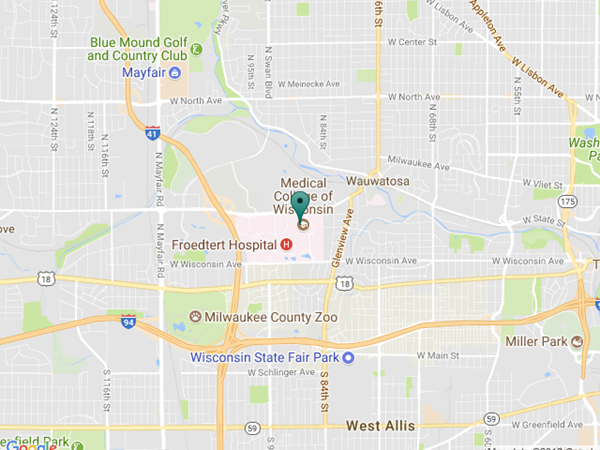Traditional risk factors for cardiovascular disease are similar between men and women. However, women with traditional risk factors are more likely to develop serious cardiovascular disease compared to men. Our Women’s Cardiovascular Health Program team members are knowledgeable about these women specific differences in cardiovascular risk and work to not only better identify women at increased cardiovascular risk, but to work with individuals and their primary care providers to optimally manage their risk factors.
Do You Have Ideal Cardiovascular Health?
- Total cholesterol 200 mg/dL (untreated)
- BP 120/80 mm Hg (untreated)
- Fasting blood glucose 100 mg/dL (untreated)
- Body mass index 25 kg/m2
- Abstinence from smoking
- Physical activity at goal:
- 150 minutes per week of moderate intensity exercise
- 75 minutes per week of vigorous intensity exercise
- Healthy (DASH-like) diet
Are You At Risk for Cardiovascular Disease?
If you have one or more of the following risk factors, then you are at risk:
- Smoking
- Poor diet
- Sedentary lifestyle (less than 150 minutes per week of physical activity)
- Obesity, especially belly fat
- Family history of cardiovascular disease (female < 65, male < 55)
- High blood pressure (>120/80 mmHg)
- Abnormal lipids (high bad cholesterol, low good cholesterol, high triglycerides)
- Metabolic syndrome (insulin resistance, central obesity, abnormal lipids, high blood pressure)
- Poor exercise tolerance
- Subclinical atherosclerosis (abnormal coronary calcium scan, ABI, or carotid ultrasound)
- Systemic autoimmune collagen-vascular disorder (Lupus, rheumatoid arthritis)
- History of gestational hypertension, preeclampsia, gestational diabetes
Personalized Cardiovascular Health Evaluation
As part of your personalized cardiovascular health evaluation, the Advanced Cardiovascular Risk Assessment and Prevention team will provide you with a comprehensive cardiovascular risk assessment based on:
- Your completed medical questionnaire with diet with activity log
- A thorough medical and family history
- A complete cardiovascular physical examination
- Screening laboratory tests, ECG, and exercise treadmill test
We understand that, because traditional risk assessment tools often underestimate cardiovascular risk in women, a combination of tests including cardiac and vascular imaging techniques may be necessary for us to determine whether or not you are at increased risk for serious cardiovascular disease.
Additional diagnostic tests may include:
- Advanced lipid profile testing
- Coronary Calcium Score Determination
- Ankle-Brachial Index Determination
- Carotid Ultrasonography and Intimal Medial thickness Determination
- Echocardiography
- Stress Echocardiography
- Stress Cardiac MRI (magnetic resonance imaging)
- Stress Nuclear Imaging
- Arrhythmia (heart beat) event monitoring
- Cardiac Catheterization/Coronary Angiography
Whether you know you already know you are at increased risk for cardiovascular disease or we are establishing that you are at risk for the first time, the Advanced Cardiovascular Risk Assessment and Prevention team at the Women’s Cardiovascular Health Program will work with you to form a comprehensive management plan that you can incorporate into your daily life now and in the future.
Management plans may include:
- Blood pressure management through lifestyle modification (nutrition/exercise ) and medication
- Cholesterol management through lifestyle modification (nutrition/exercise ) and supplements and medication
- Blood sugar (diabetes) management through nutrition, exercise and medication
- Nutrition counseling
- Smoking cessation programs
- Personalized exercise program
- Weight management programs
- Stress management techniques















